Next Thanksgiving, Smokey Bear should talk about climate change
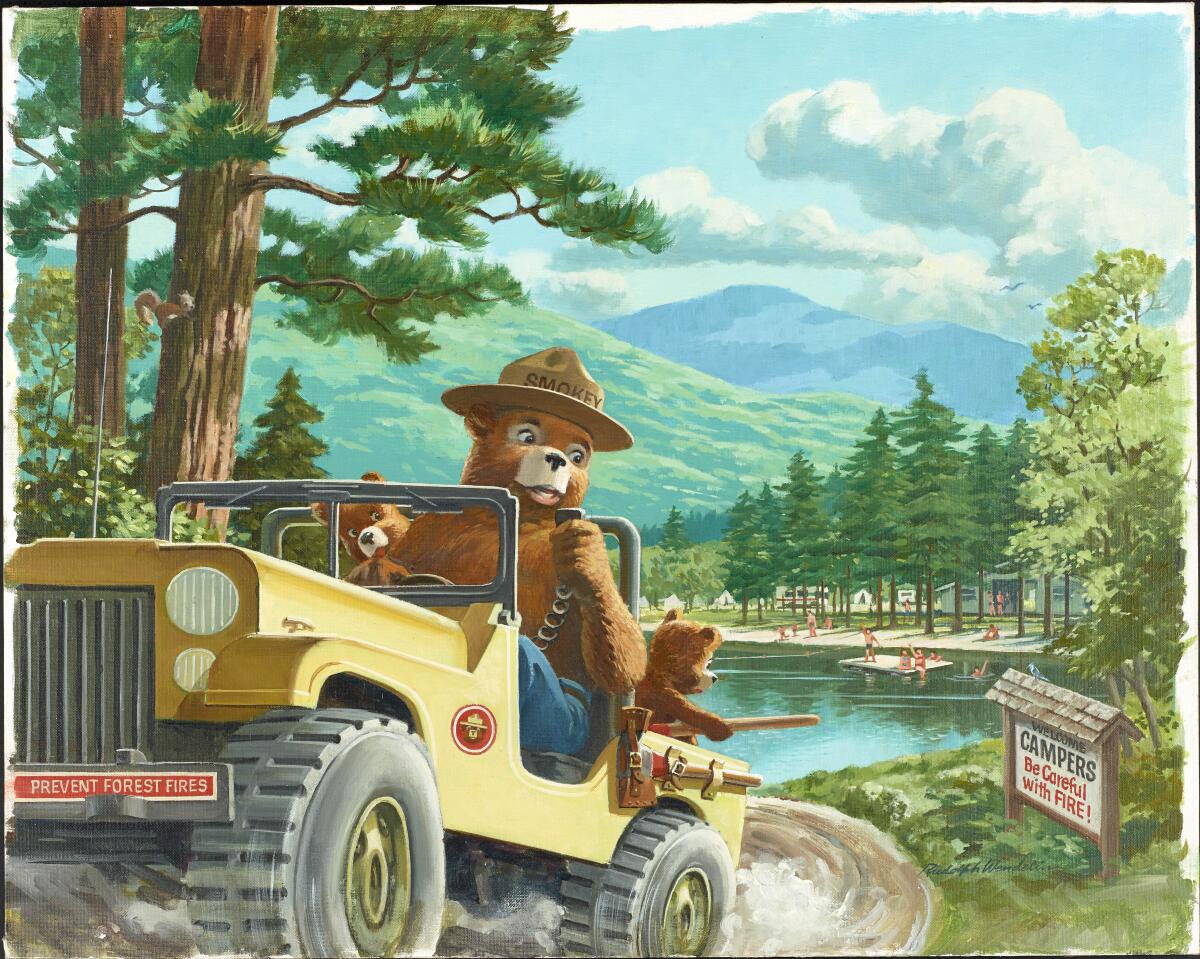
Call me basic, but I love waking up on Thanksgiving morning and watching the Macy’s parade. Without fail, I’m enthralled by the pageantry and comforted by the tradition: the floats, the crowds, the Broadway dance numbers. Santa Claus.
The last few years, though, one element has bothered me.
“Look who we have here — USDA Forest Service’s most-loved ambassador, Smokey Bear, towering above the parade,” Savannah Guthrie, one of the anchors of NBC’s “Today” show, told viewers during last week’s broadcast. “For nearly 80 years, this American legend has been helping protect our forests and grasslands. And he’s returning to the parade with his ever-important message — that nearly nine out of 10 wildfires are started by humans, and they can be prevented.”
Turning to “Today” weather anchor Al Roker, she asked, “Hey Al, what do you think Smokey would say about that?”
Putting on a voice, Roker responded with Smokey’s iconic catchphrase: “Only you can prevent wildfires!”
You're reading Boiling Point
Sammy Roth gets you up to speed on climate change, energy and the environment. Sign up to get it in your inbox twice a week.
You may occasionally receive promotional content from the Los Angeles Times.
Then the broadcast moved on. No discussion of how climate change, driven by fossil fuels, is making fires worse. Nothing about the need for intentionally ignited “prescribed burns” to help prevent bigger, deadlier blazes. Nothing about the value of “cultural burning” by Indigenous tribes, or the dangers of continued home building in flammable areas in and around forests.
Maybe that’s a lot to ask of a parade.
But with the fate of life as we know it hanging in the balance, how can we not ask?
Would it be that hard for NBC and the federal officials behind Smokey Bear to include just a little information about what we can do to stave off total climate catastrophe, in a parade broadcast watched by tens of millions of people?
Beyond the parade too: Can’t Smokey do more than advise us on campfire safety and backyard debris burning?
As it happens, I’m hardly the first person to wonder whether the cartoon bear needs to get with the times.
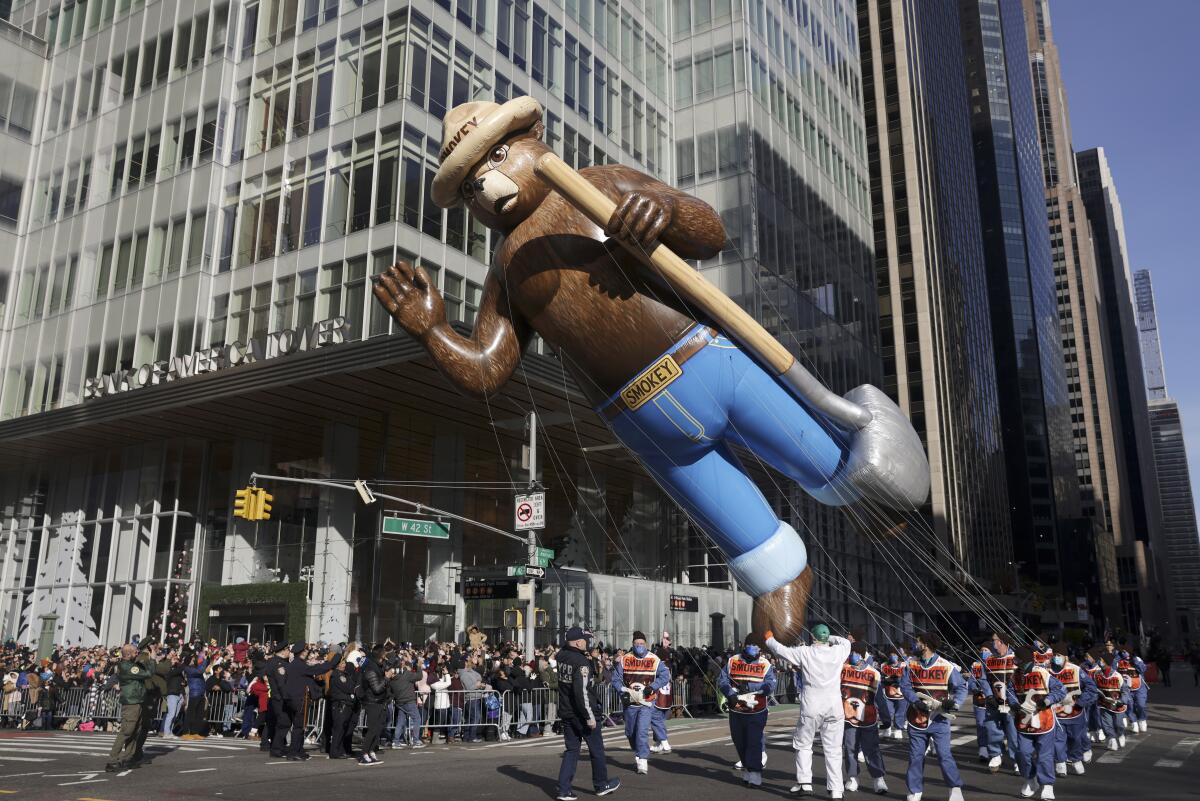
In an excellent story timed to Smokey’s 75th birthday in 2019, HuffPost reporter Chris D’Angelo made the case that the federal fire-prevention campaign “may be a net negative for the environment.” He talked with experts who told him that the bear’s “only you can prevent wildfires” message had obscured the important role that natural fire plays in healthy forest ecosystems.
Former Forest Service smokejumper Sarah Berns made a similar argument in a piece for Outside magazine, writing that Smokey “needs to become an unfiltered, microphone-wielding, unmuzzled spokesbear” capable of deeper public education.
Two Forest Service researchers, in fact, concluded way back in 2007 that Smokey “needs a more nuanced message.”
The federal agency has taken some steps in that direction. The Smokey Bear website features an entire section on beneficial fire, and a fire science page that briefly references the climate crisis. Smokey has tweeted occasionally about global warming.
But on the whole, Smokey is stuck in the past.
“As I’ve said for nearly 80 years, #OnlyYou can prevent wildfires!” the bear said in a recent post on Instagram and Facebook.
If only that were still true.
If only keeping our campfires under control was sufficient for preventing brutal conflagrations in 2023. If only we didn’t have to think about the cars we drive, the foods we eat and the politicians we vote for — all of which affect global temperatures.
If only we didn’t have to accept that some fire is actually good — a reality that certain environmentalists still have trouble with.
I tried to land an interview with Roker for this column, knowing that he takes climate change extremely seriously — and that he once voiced an animated version of Smokey. Unfortunately, the iconic weathercaster declined to talk with me.
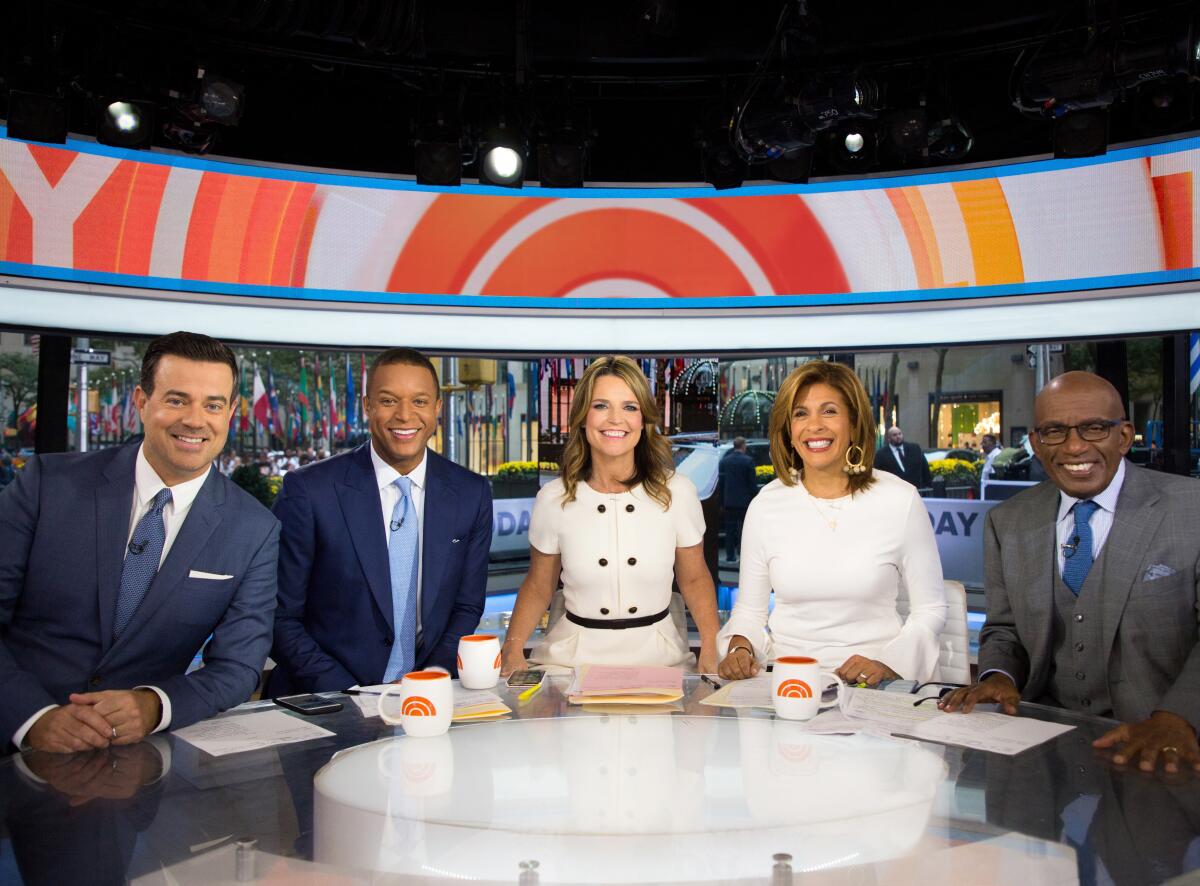
I did have a great conversation with the Forest Service’s Maureen Brooks, who helps manage the Smokey Bear campaign.
Brooks talked me through the many places where Smokey can be found, including social media, TV ads, billboards and bus stop posters. She emphasized the continued importance of preventing human ignitions, which she said cause 87% of all fires. She told me Smokey’s message is primarily targeted at people who love hiking and camping — people like me — as well as those who live in the “wildland-urban interface,” the transition zone between flammable wilderness areas and more urban landscapes.
When I asked Brooks whether there’s room for Smokey to tell a broader, more nuanced story, she basically said no.
“Smokey was created by Congress to prevent unwanted, human-caused wildfires. It is a narrow lane,” she said. “There’s still such an overwhelming need to prevent those unnecessary wildfires that we’ve decided to keep that message.”
Maybe Smokey could warn people against living in the wildland-urban interface? Nope, also not in the cards.
“It would create too much confusion, I think, if we started to expand his message,” Brooks said.
I’m sympathetic to the reality that simpler, more straightforward messages are easier to convey, especially in short soundbites. But we don’t live in simple times. We live in the climate era. Our relationship with the natural world is increasingly complex, our survival increasingly dependent on tough choices that will require us to tolerate short-term pain for long-term gain.
I’m willing to bet the smart, well-meaning people at the Forest Service could find a way to help Smokey reflect that truth.
It’s harder to say whether the people running the Thanksgiving parade would let Roker and his colleagues talk climate change. Representatives for NBC didn’t respond to my request for comment. A Macy’s spokesperson told me the companies and groups with characters featured in the parade “provide direction on the messaging they would like to highlight,” and that Macy’s “will continue to evaluate the messaging featured in this ever evolving and important tradition for our nation.”
“As we further Macy’s sustainability ambitions, we will work with current and future partners to enhance our efforts to build a more sustainable world,” the spokesperson said in an email.
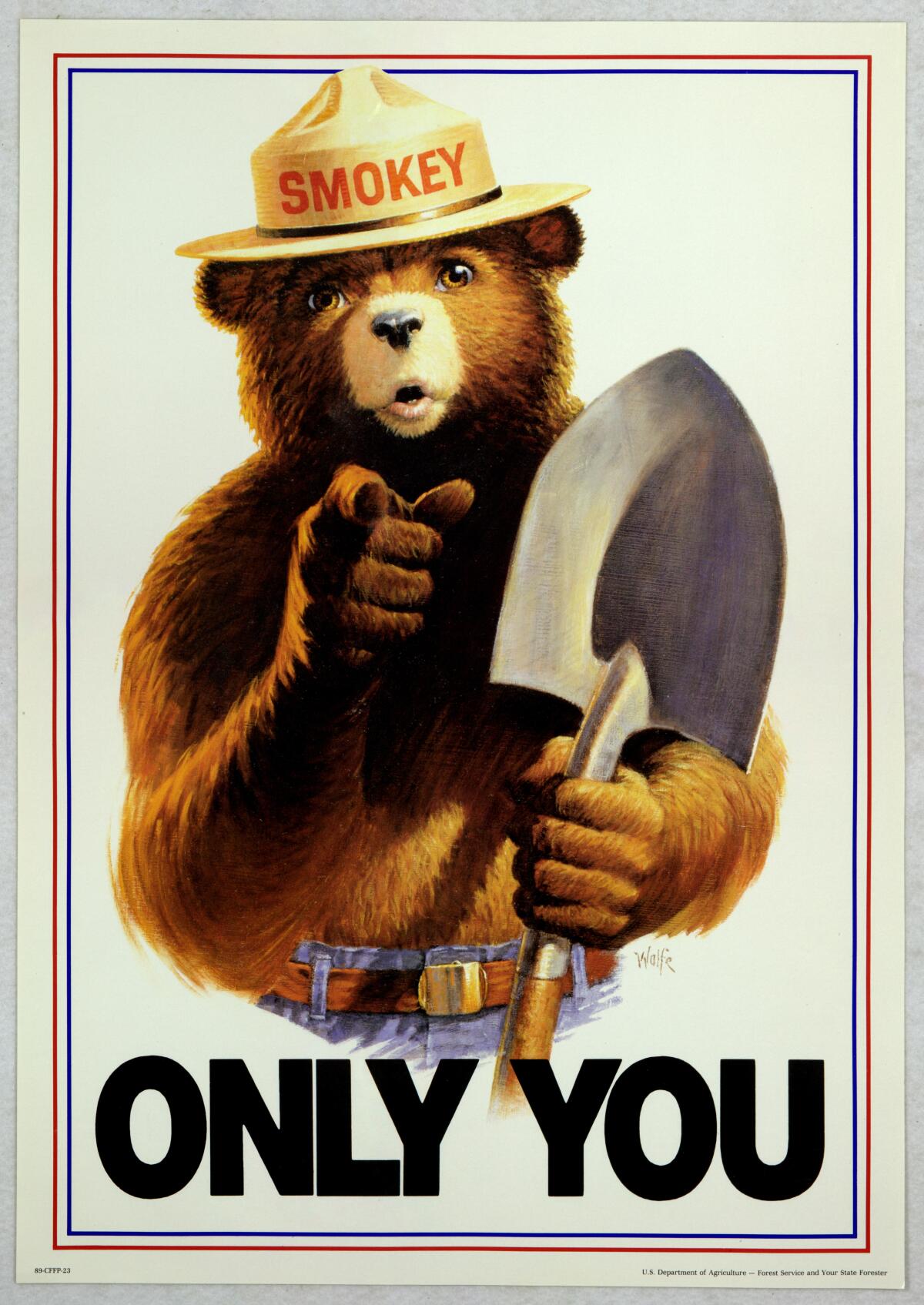
There are several parts of the parade ripe for climate-conscious tweaking.
Last Thursday, for instance, Roker, Guthrie and “Today” co-anchor Hoda Kotb gushed over the dinosaur floats sponsored by HF Sinclair Corp., an oil company that owns refineries across the Western U.S. Guthrie also informed viewers that “towing all of the incredible floats you see today is the equally incredible Ram Truck,” which she called the “official truck” of the parade.
Ram is known for its climate-polluting gas guzzlers, although parent company Stellantis sent me a written statement noting that Ram’s first all-electric pickup will be available in 2024, with more electric truck models to come in the following years.
Look, I realize we can’t stop burning fossil fuels tomorrow. Many people will need to keep driving gasoline cars until electric models are more affordable and charging stations are more common. That means we’ll need to keep refining oil too.
But if companies with influential media platforms would stop promoting oil and gas, they’d prevent a lot of harm.
And as for Smokey Bear? Federal officials will have another chance to start telling a more modern, more climate-relevant story at the New Year’s Day Rose Parade in Pasadena, where the cartoon bear will be kicking off his 80th birthday celebration.
I’m not expecting anything new. But I’ll be watching and hoping. It’s never too late for an old bear to learn a new trick.
ONE MORE THING
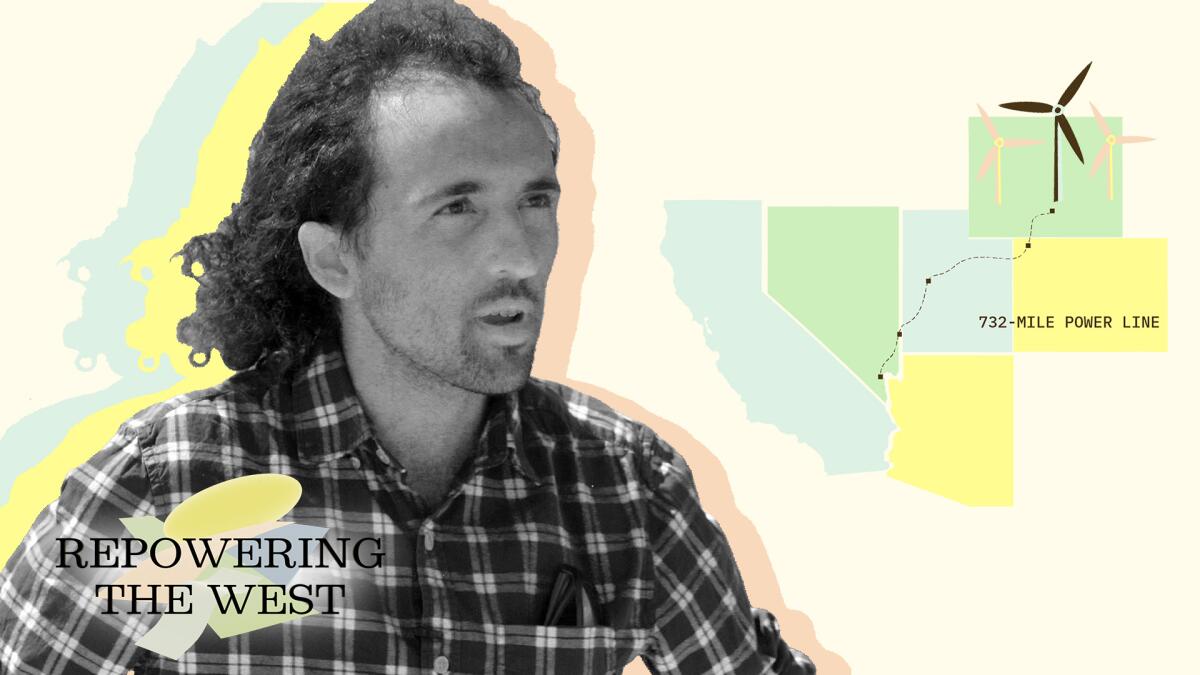
I’ll be in Montana next week reporting Part 5 of Repowering the West, my series exploring how the energy transition is affecting rural communities and treasured landscapes across the Western U.S. You can follow me on X (formerly Twitter) for live updates.
My L.A. Times colleague Tony Briscoe, who covers air quality and environmental health, will write Boiling Point in my absence.
See you soon!
This column is the latest edition of Boiling Point, an email newsletter about climate change and the environment in California and the American West. You can sign up for Boiling Point here. And for more climate and environment news, follow @Sammy Roth on Twitter.
Toward a more sustainable California
Get Boiling Point, our newsletter exploring climate change, energy and the environment, and become part of the conversation — and the solution.
You may occasionally receive promotional content from the Los Angeles Times.




